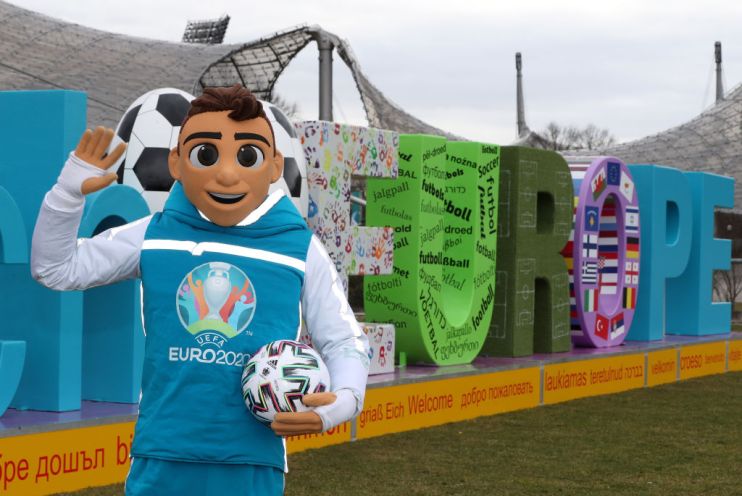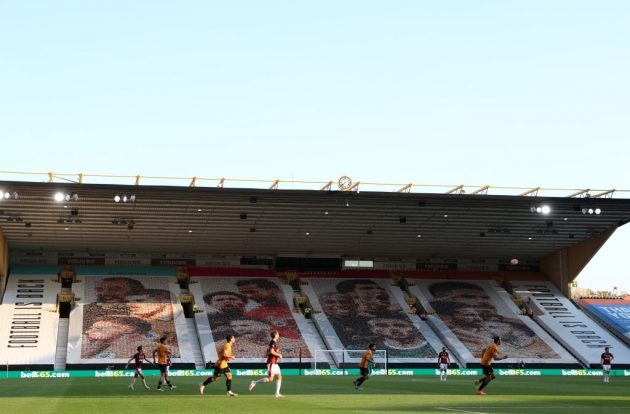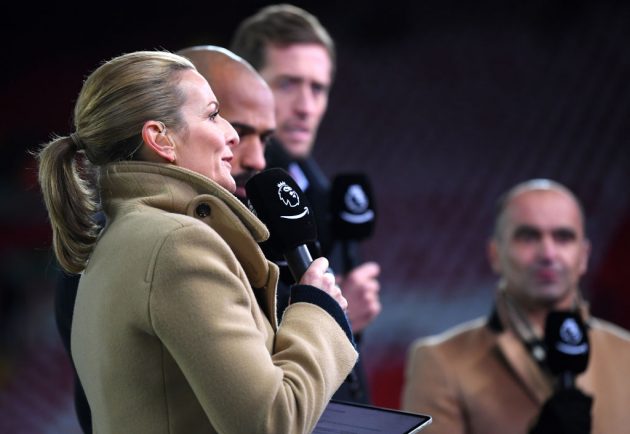What Euro 2020 in a Covid-19 world will look like for football fans, sponsors and broadcasters

Euro 2020 is scheduled to take place across 12 European cities in June and Covid-19 will mean changes to the way major sporting events operate.
Hygiene protocols, new technology solutions and fan behaviours will emerge that present both challenges and opportunities for brands and rights holders.
Safety is paramount
Any British fans who do physically attend the Euros will naturally want to feel safe.
Data from Nielsen Fan Insights shows that 72 per cent of football fans in the UK expect updated cleaning policies upon the return to live sport.
Some 70 per cent expect access to hand sanitiser and 69 per cent want social distancing measures to remain in place.
Therefore, brands that proactively address the pandemic and are seen to be working with rights holders to ensure safety measures are in place will only build better connections with fans.
Nielsen Fan Insights identifies that 45 per cent of UK football fans have a greater interest than before in brands who have been socially responsible and “do good”.
A more personalised viewing experience
Fans watching the tournament at home can expect a more integrated and personalised experience.
Long-term investment in new broadcast technologies continues to grow. Spending on virtualisation technologies and remote production is up 67.3 and 59.8 per cent respectively.
This will only create an enhanced, personalised viewing experience for the fan.
Live and virtual experiences merging
If crowds are limited or absent from Euro 2020 then expect to see several of the innovations forced into broadcasts by the pandemic retained, as the live and virtual experiences merge.
But, more significantly, it will create a wealth of new opportunities for fan connections, reimagined sponsorship assets and even new sponsorship revenue models.
The example of the seat netting assets that were created inside football stadiums at the start of the pandemic generated on average around €70m million of TV value per Premier League club for sponsors last season.
On such a global stage, with the football world watching, similar activity will provide a lucrative window of opportunity for sponsors to capitalise on the increased airtime and number of eyeballs.
Elsewhere, innovation through digital channels is also a significant opportunity for the tournament’s sponsors, which include Coca Cola, Heineken, Takeaway.com and Vivo.

Digital consumption, engagement and spend has accelerated since lockdown. We will see more tailored digital campaigns to connect sponsors with new, previously hard-to-reach audience segments.
The rights holders who are actively strategising and planning for a hybrid world of merged live and virtual experiences will thrive in this new era.
Those who also understand the potential value that can be created – in terms of engaging fans, integrating new digital experiences, using new technology and creating new partner content – are especially well placed.
The brands that are bold and willing to try something new are giving themselves an opportunity to unearth significant new pockets of value and reach fans in increasingly meaningful and impactful ways.
London, Baku and Bucherest
Finally, this will the first time that the European Championship has been played in multiple cities across the length and breadth of Europe.
It will also be interesting to see how the broadcasters in each country adapt to the challenges presented by Covid-19 and potential travel implications that might arise.

If broadcasters are forced to present remotely, how will they maintain that sense of excitement that traditionally builds during a major football tournament?
The answer: they will need to work harder to maintain a viewing spectacle for the fans at home.
This is a great opportunity to see football in a new light and, with it, attract a new and potentially more diverse audience.
Andy Milnes is head of client services at Nielsen Sports.